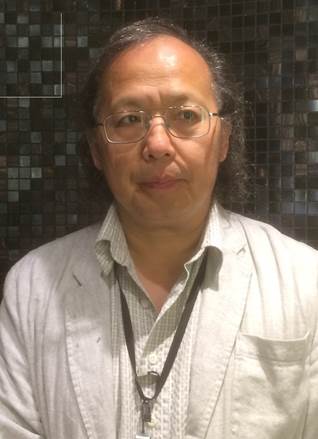报告题目:Computational Synthesis:from Topology Optimization to Component Optimization
报告人:Wenjun Zhang教授
主持人:于海燕 教授
时间:2025年4月30日上午9:00-11:00
地点:bwin必赢中国官网4042会议室
主讲人介绍:
Wenjun Zhang教授是加拿大萨斯喀彻温大学终身教授,2012年荣获中国国家级特聘专家,2023年荣获加拿大萨斯喀彻温大学杰出学者称号。因其在工程领域的突出贡献被选为加拿大工程院院士、美国机械工程师学会(ASME)院士、制造工程师学会(SME)院士、亚太人工智能协会(AAIA)院士。2024年,被斯坦福大学列入全球前2%顶尖科学家名单(工程学主领域)。截至目前为止,他发表了SCI论文400余篇,国际顶尖会议论文200余篇,根据Google Scholar数据,其论文总引用次数达到1.9万余次,h指数为76。自2014年以来连续五年被Elsevier评为电气与电子工程领域的“中国高被引学者”,并曾在50余个国际会议上做特邀或大会主题报告。现担任了9家SCI期刊的编辑,包括了3家中科院1区top期刊:《IEEE/ASME Transaction on Mechatronics》高级编辑,《IEEE Transaction on Systems, Man, and Cybernetics: Systems》副编辑,《Expert Systems with Applications》副编辑。候选人作为世界知名学者,其研究内容在生物医学工程、系统科学与工程、机器人与人工智能、决策科学以及工程教育等领域产生深远影响。所开展的研究以跨学科特征著称,贯穿上述多个领域。
内容简介:
This is a lecture series on the topic of computational synthesis in systems design. Systems can be mechanical systems, electronic systems, mechatronics systems, chemical systems, and so forth. The challenge in design of eg, machines, robots, is how to determine types of machines or robots by computer or automatically. This lecture series presents the idea, concept and method to overcome this challenge. Besides, professor Zhang will propose a proposition — Creativity is unbounded but synthesis is bounded.
附:四次系列报告内容提要
Topic 1: I will discuss the basic concepts of machines and robots. After overview traditional understanding of machines and robots, I will provide a unified understanding of machines and robots by introducing the notion coined as “degree of intelligence” and then unify the definitions of machines and robots into intelligent machine, while the highest degree of intelligence of a machine is a robot. I will provide the classification of problems of design of intelligent machines.
Topic 2: I will discuss the nature of this challenge. This will include the discussion of (1) the nature of design, (2) the nature of human creativity in design, (3) the nature of synthesis, (4) the nature of design synthesis, (5) unbounded design creativity versus bounded design synthesis. Then, I will argue that design can’t be computerized but design synthesis can.
Topic 3: I will outline the general framework for computational synthesis. The framework is, in general, formulated as an evolutionary computation problem, and formulated as an optimization problem in a special and practical case. I will also give a critique on the approach called topology optimization, and propose the building block approach.
Topic 4: By applying the building block approach, I will present our latest development on design methodology for soft robots, called the soft component optimization technique. An example will be discussed.

